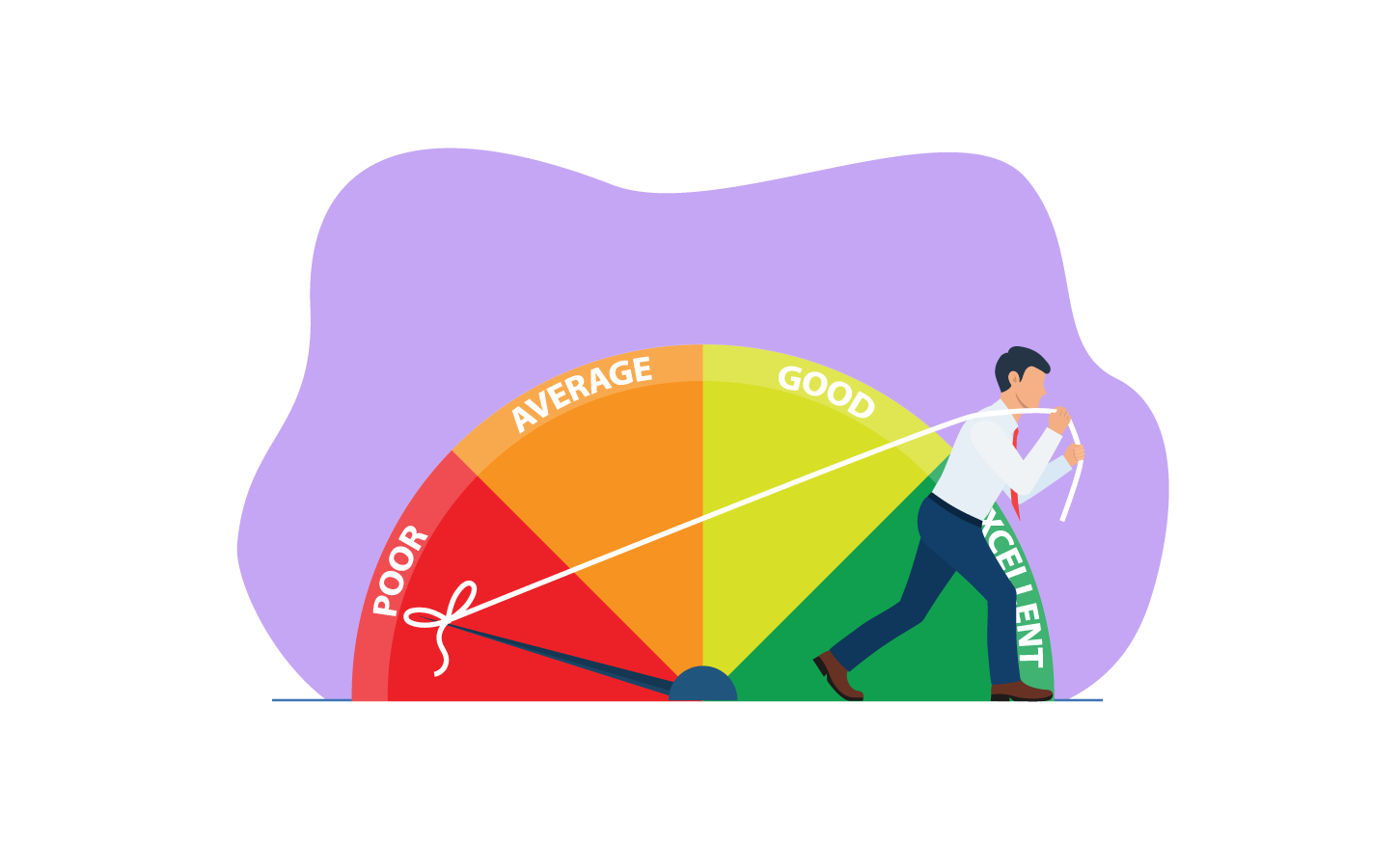Licensed money lenders often face a stigma from borrowers – some people may view them with suspicion, and wrongly associate them with illegal money lenders or loan sharks. Licensed money lenders in Singapore are actually very well-regulated and have a strict set of rules to follow regarding who they can lend to, how much interest they can charge, the types of fees they can charge, etc.
You must be thinking, “If I can borrow from a bank, why would I go to a money lender?” The fact that they exist justifies that there is demand for their services.
It’s common practice for an individual to try applying for a credit card at Bank B if their credit card application at Bank A wasn’t successful. The same logic applies to personal loans or other types of loans. For some people, it’s just harder for them to get their loan fixes at traditional banks and financial institutions. Who can these people turn to for help then? Licensed money lenders in Singapore.
There are several key differences between taking a personal loan from a licensed money lender and a bank. Let us take a look before you decide which lender could be more suitable for you and your needs.
Differences between banks and money lenders
| Bank | Licensed money lender | |
| Minimum loan amount | $500-$1000 (depending on the bank) | N/A |
| Credit checks | Very stringent | Less stringent |
| Loan approval period | Up to 2 weeks | On the same day, usually less than 30 minutes |
| Interest rates | 3.2-6.5% per annum | 1-4% per month |
| Loan tenure | Up to 5 years | Up to 12 months |
| Processing fees | Typically 1-3% of the approved loan amount | Up to 10% of the approved loan amount |
1. Loan amount
Most banks in Singapore require you to borrow a minimum amount and to commit to a loan tenor of at least a year. This also means that you end up paying interest for the entire year. For a person who needs a small amount of cash, say a few hundred dollars that you can confidently repay within a few months, going to a legal money lender might be a cheaper and better option.
2. Eligibility
Loan eligibility criteria are one of the biggest differences between banks and money lenders. The minimum annual income required of borrowers for most banks is $20,000, or around $1666.67 per month. Banks typically require foreigners to have a higher annual income should they wish to take out a loan with them.
For the uninitiated, licensed money lenders offer loans to Singaporean, PR, and foreigner borrowers even if they make less than $20,000 per year.
Apart from annual income requirements, why then do some borrowers prefer to borrow from licensed money lenders? Well, this all boils down to the fact that banks are pretty strict when it comes to extending credit to consumers; having a good or excellent credit score is a prerequisite that borrowers must fulfil.
For many foreigners, the biggest challenge when applying for a personal loan in Singapore is the lack of solid credit history or credit score. This challenge in itself is why people with poorer credit scores often turn to licensed money lenders when they need urgent cash loans.
3. Speed of application
As banks have a more extensive credit check procedure, you can expect your loan application to take much longer compared to a legal money lender. It helps if you already have a banking relationship with the bank though.
For most legal money lenders, it may take just about 30 minutes to an hour for you to get the money since the credit checks are a little less rigorous and loan amounts are typically smaller. The speed of loan application is one of the main differences between banks and money lenders you need to consider when taking a personal loan.
4. Interest rates
Banks are usually more open to publishing their rates openly, but you will often find the disclaimer that interest rates are offered based on the credit history of the customer. The interest rates can also change depending on the tenor of the loan.
For money lenders, this is quite similar as well; the interest rates offered to borrowers will be based on the lenders’ discretion, taking into account borrowers’ income and repayment ability.
In terms of rates, personal loans from banks typically have an effective interest rate range of between 6% to 12% per annum. For licensed money lenders, the highest rate they are allowed to charge is 4% per month, which comes up to about 4 times that of what a bank charges. This is a huge difference, so you will have to decide if you can stomach the high interest rates.
Bottom line
As you can see, there are definitely segments of people who can benefit from borrowing from a licensed money lender – those who prefer to take a smaller loan for a short period, foreigners who may not be able to get loans from major banks due to the lack of credit history in Singapore, those who need cash urgently, or perhaps people who need a more relaxed credit assessment.
Need help finding a personal loan? Use CompareSing to help you gather the best loan quotes from licensed money lenders at no charge.

















